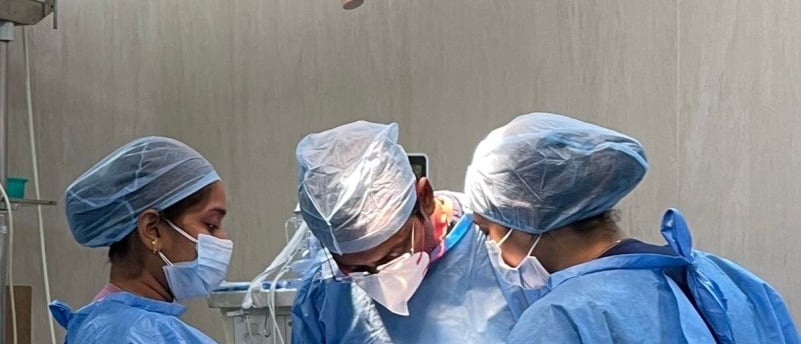Who Needs Orthognathic Surgery?
11/13/20231 min read


Orthognathic surgery, also known as facial jaw surgery, is a procedure that is recommended for individuals whose jaws and teeth do not meet properly. This misalignment can lead to a variety of issues, including compromised facial aesthetics and functional problems.
One of the main reasons why someone may need orthognathic surgery is to improve their facial aesthetics. When the jaws and teeth are not properly aligned, it can affect the overall harmony and balance of the face. This can result in a protruding or recessed jaw, an uneven smile, or an imbalanced profile. Orthognathic surgery can help to correct these aesthetic concerns and enhance the overall appearance of the face.
In addition to improving facial aesthetics, orthognathic surgery can also address functional issues. Misaligned jaws can impact the way a person chews and bites, leading to difficulties in proper mastication. This can result in problems with digestion and nutrition. By realigning the jaws and teeth, orthognathic surgery can improve the efficiency of the chewing process and enhance overall oral function.
Orthognathic surgery can also be beneficial for individuals with sleep disorders. In some cases, a misaligned jaw can contribute to obstructive sleep apnea, a condition characterized by pauses in breathing during sleep. By repositioning the jaws, orthognathic surgery can help to open up the airway and improve breathing, leading to a reduction in sleep apnea symptoms and an improvement in overall sleep quality.
Furthermore, orthognathic surgery may be recommended for patients with certain syndromes or craniofacial conditions. These individuals may have more complex jaw and facial deformities that require surgical intervention for optimal correction. Orthognathic surgery can help to improve both the functional and aesthetic aspects of their condition, enhancing their quality of life.
In conclusion, orthognathic surgery is a procedure that is recommended for individuals whose jaws and teeth do not meet properly. It can address issues related to facial aesthetics, functional problems, sleep disorders, and certain syndromes. By undergoing orthognathic surgery, patients can achieve maximum facial aesthetics, proper alignment of jaws and teeth, improved mastication, and enhanced joint function.
